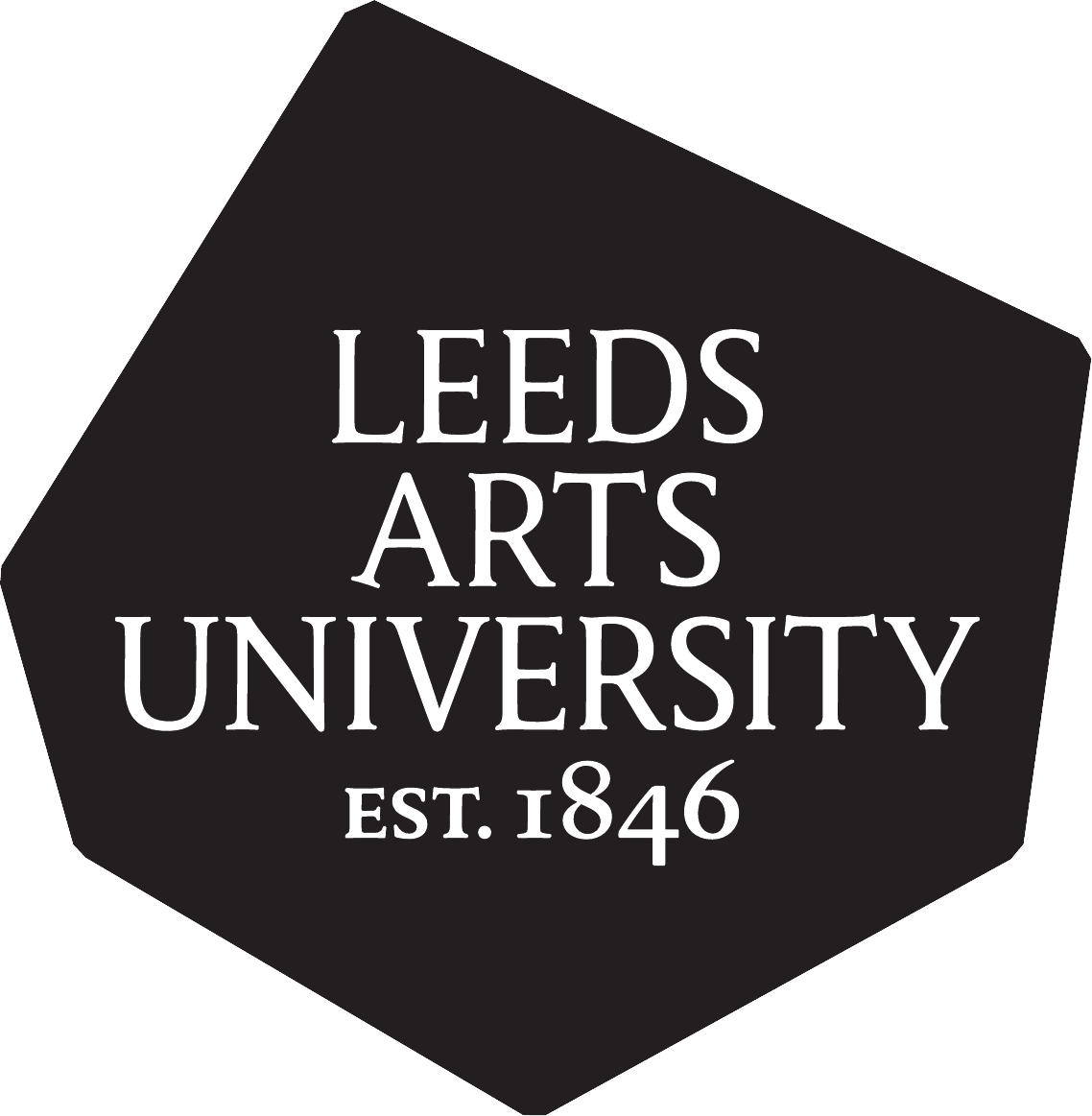Deflecting risk, increasing citizenship: JPD Debate Club at two FE colleges, exploring the potential impact of critical thinking strategies
Norton, Frances 
Abstract
This is a Joint Project Development (JPD) (Fielding et al (2005) is situated at two FE Colleges in the North of England. Vocational students at FE colleges often demonstrate low levels of literacy diminished self-confidence. (Burke 2001) states a Neoliberal education agenda has caused a ‘literacy crisis’. Many vocational students are resistant to literacy strategies preferring practical engagement. This study explores how literacy proficiency, increase citizenship, community and mental health well-being might be improved via pedagogical interventions in critical thinking (CT). In particular this research takes the position that introducing participants to philosophical debate may deflect issues (Beck 2013) that polarize society. For example, the rise in fake news, far-Right extremists and the demonisation of immigration. By discussing these concerns, in Critical Thinking interventions including Lipman;s (2003) Community of Enquiry and a Debate Club, the study identifies how students develop skills in CT and citizenship by listening to each others’ stories, sharing ideas. The small-scale study explores the extent to which CT interventions which begin in oracy can impact on the development of literacy. The research population consists of 34 volunteers meeting over five weeks. Emerging findings suggest that CT interventions can help students, lecturers, technicians and support staff find voice as they find connection. Tentative findings show that CT interventions increased engagement and enjoyment of literacy. Emerging findings also indicate that the Debate Club creates a safe space, a non-judgemental arena for points of view; it develops a social conscience, concept of self-restraint, the development of a moral compass, and an internalised citizenship. Early findings also point to how participation in these interventions encourages a culture in which students are decent, kind, caring, considerate, creative, towards each other, aware of individual contributions and of contributions to the community as a whole.
Actions (login required)
 |
Edit Item |

